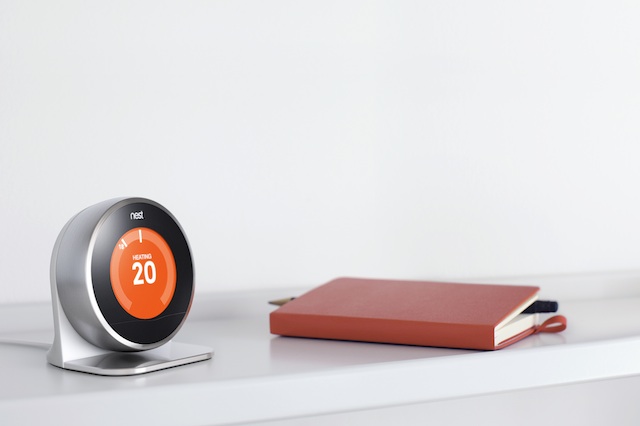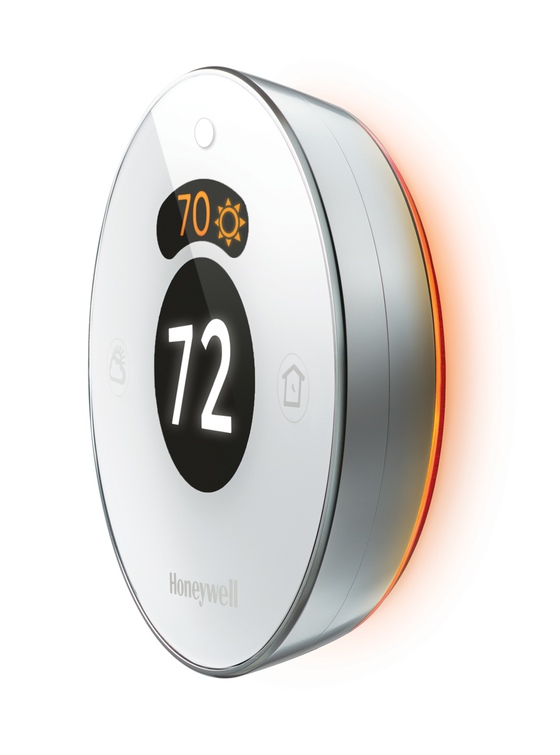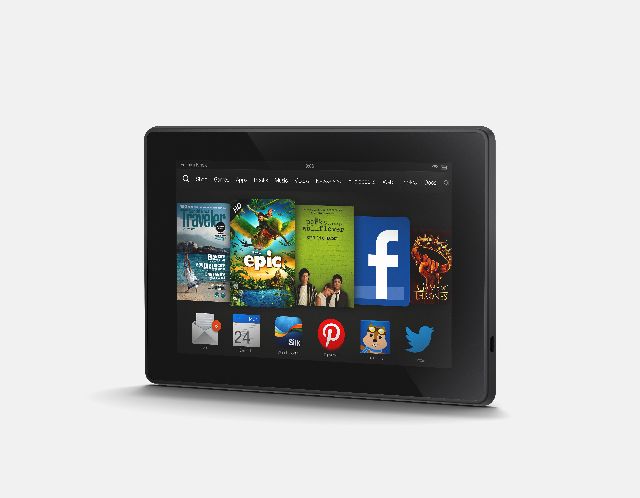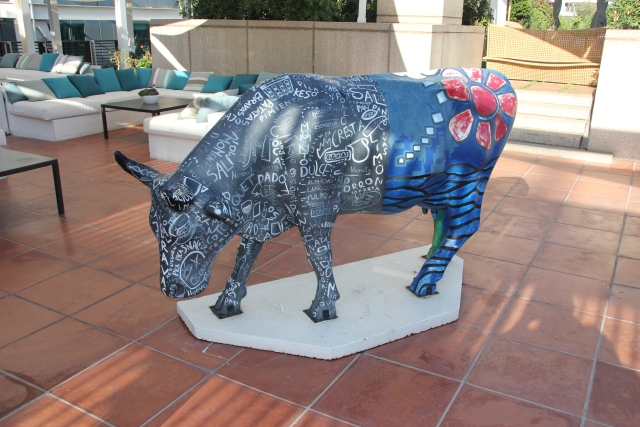The news that hackers have turned their attention to Nest thermostats raises some delicious possibilities for the Internet of Things.
Jailbreaking smartphones has been normal for years as people circumvent restrictions to add features or software and there’s no reason that this can’t be done to smart thermostats, light bulbs or kettles.
Almost all the smart devices being deployed have processors and capabilities far greater than what’s needed to carry out their designed purpose, so an imaginative hacker can do some interesting things with a jailbroken home automation system.
Using your kettle to control your lights or fridge to open your garage door is a bit of gimmick but there’s plenty of potential for doing some cool, and mischievous, things.
While hacking the smart home for kicks might be relatively harmless, tinkering with industrial devices could have unintended and disastrous consequences. It’s another example why security is one of the top concerns as the Internet of Things is rolled out.



